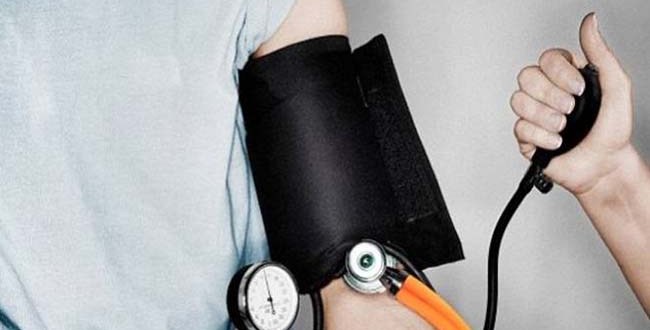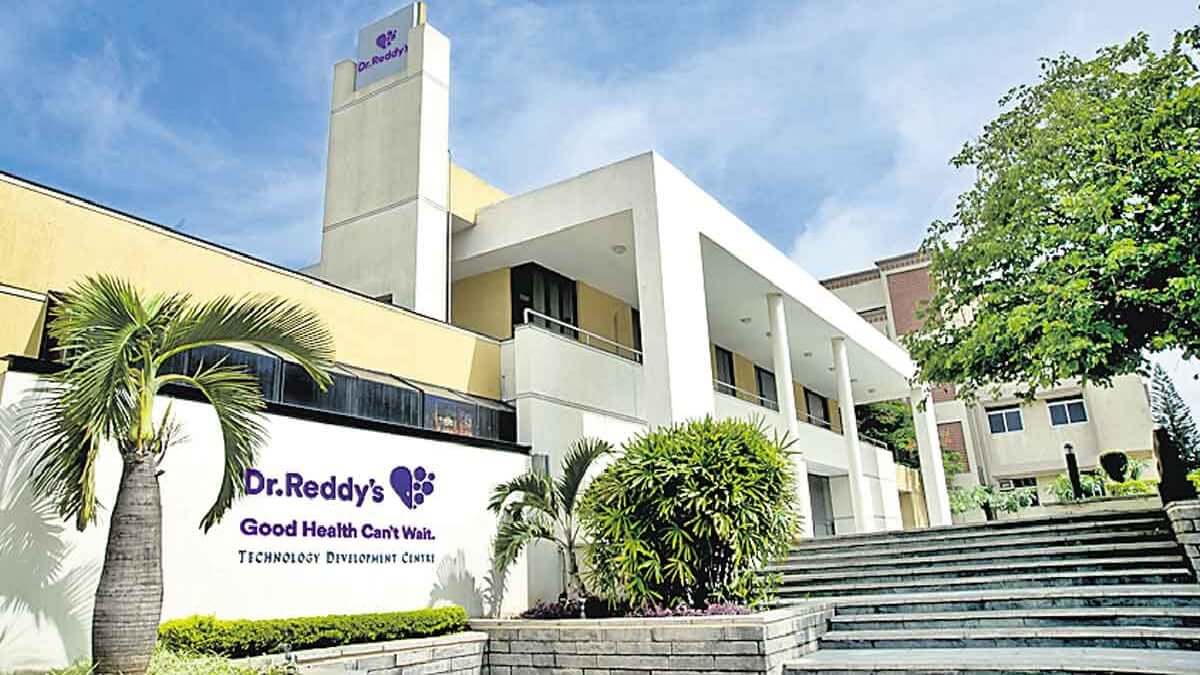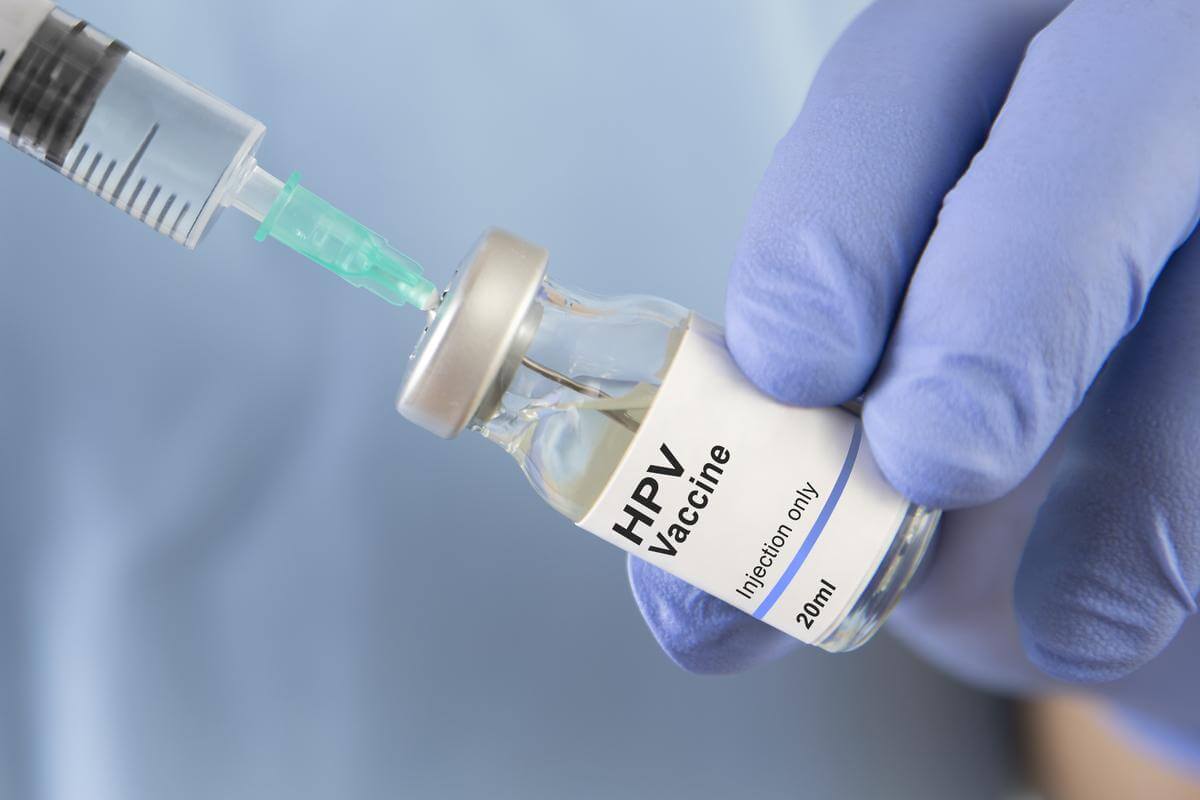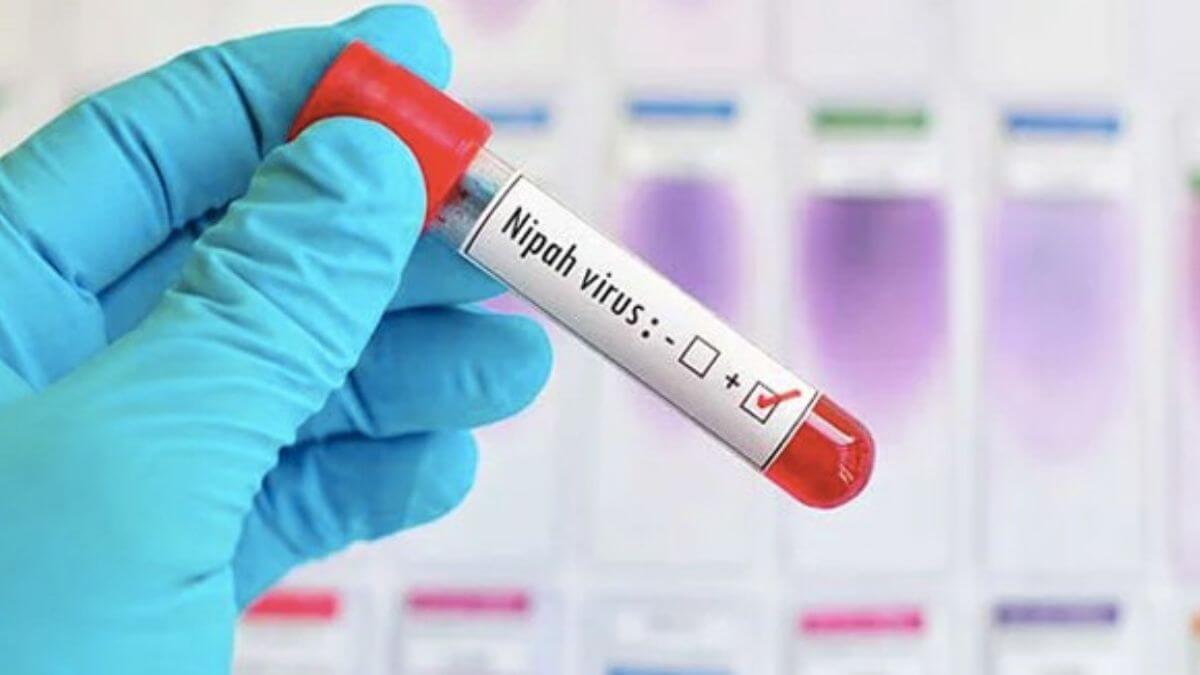Carotid is key to high blood pressure

Removing one carotid
body from some patients with high blood pressure can provide immediate and
sustained fall in blood pressure, finds a new study.
Carotid bodies, a
small cluster of chemoreceptors and supporting cells located near the fork
(bifurcation) of the carotid artery that feed the brain with blood, appear to
be a cause of high blood pressure. “The falls in blood pressure are
impressive-- more than pharmacological medication -- and demonstrate the
potential for targeting the carotid body to treat hypertension,” said Angus
Nightingale, researcher at the University of Bristol, England.
The carotid bodies
detect the levels of oxygen in blood and when this falls they raise the alarm
of a potential emergency by signalling to the brain to increase breathing and
blood pressure. “Treating the carotid body is a novel approach and a potential game
changer as we believe we are reducing one of the main causes for hypertension
in many patients. High blood pressure treatment typically tackles the symptoms
targeting the end organs such as the heart, kidneys and blood vessels, and not
the causes,” said Julian Paton, researcher at University of Bristol,
England.
The clinical trial
demonstrated that the carotid bodies in patients who responded to resection had
raised carotid body activity. These patients breathed more at rest and produced
exaggerated breathing responses when the oxygen level in their blood was
lowered. “Although this surgical approach to controlling high blood pressure
was successful, we don’t think this will be the solution in the long term. We
now need to find a drug that dampens down an overactive carotid body and resets
the blood pressure thermostat to a normal level,” Nightingale added.
“We are very excited
by finding that we can turn down the alarm signals emanating from the carotid
body in conditions of hypertension, yet it remains fully operational should an
emergency situation occur. The new drug target we found within the carotid body
is a receptor for ATP molecule called the P2X3 receptor.” explained Paton.
The research study
was published recently in the Journal of American College of Cardiology:
AIMIM News
Latest Urdu News
Most Viewed
Should there be an India-Pakistan cricket match or not?

























.jpg)
.jpg)
.jpg)


